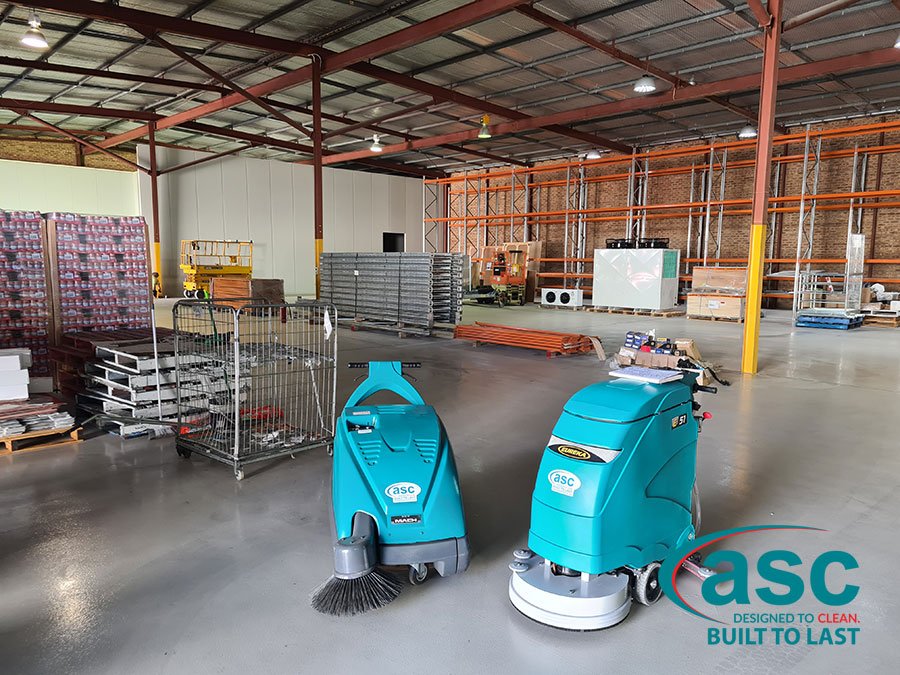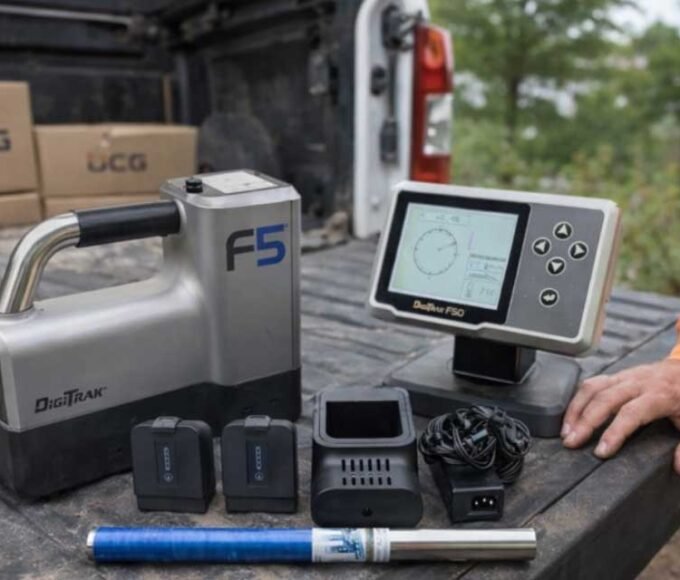Maintaining cleanliness is a critical aspect that directly impacts our health, safety, and overall consumer experience. The constant flow of people, the inevitable spills, and various surfaces and equipment. Keeping everything spotless in such a dynamic environment is quite difficult.
In this blog, we will explore industrial cleaning equipment and how it helps in cleaning in the F&B industry. We’ll explore the food and beverage industry’s hurdles, from mopping up spills promptly to complying with regulatory standards.
So, stay with us as we unravel the complexities of keeping your favourite eateries and beverage spots delicious and impeccably clean.
What Are The Common Challenges in Cleaning Processes in the F&B Industry?
Some common problems make it hard for places like restaurants and cafes to stay clean. Let’s talk about these issues in simpler terms:
- High Traffic Areas and Frequent Spills: With a constant inflow of customers and the nature of food and drink services, spills are inevitable. High-traffic areas, such as dining spaces and serving counters, become hotspots for accidents, creating a challenge in managing prompt and effective cleanup.
- Variety of Surfaces and Equipment: F&B establishments house various equipment, from stainless steel countertops to delicate kitchen appliances. Each material requires specific cleaning methods, posing a uniform and efficient cleanliness challenge.
- Strict Hygiene and Sanitation Requirements: The F&B industry has to follow stringent hygiene regulations and cleanliness standards to ensure the safety of consumers. Meeting and maintaining these standards consistently poses a continuous challenge for businesses.
- Time Constraints and Operational Disruptions: In the F&B industry, time is of the essence. Balancing the need for thorough cleaning with the demand for quick turnaround times creates a challenge in achieving cleanliness and operational efficiency.
What Are The Various Types Of Industrial Cleaning Equipment Used In F&B Joints?
Here are some types of industrial cleaning equipment commonly used in F&B establishments:
High-pressure Washers:
- These machines use a powerful stream of water to clean surfaces. They’re excellent for removing stubborn dirt, grease, and grime.
- High-pressure washers are handy for cleaning kitchen floors, walls, and outdoor areas. They’re effective in handling tough stains and spills.
Walk-behind Sweepers and Scrubbers:
- Walk-behind sweepers collect dust and debris, while scrubbers use water and cleaning solutions to scrub floors.
- These machines are ideal for cleaning large floor areas efficiently. They’re commonly used in dining areas, kitchens, and storage spaces to keep floors clean and safe.
Steam Cleaners:
- Steam cleaners use high-temperature steam to sanitise surfaces and eliminate bacteria and germs. They’re environmentally friendly as they often require less water and no additional chemicals.
- Steam cleaners are suitable for cleaning kitchen equipment, countertops, and areas where water alone is insufficient to ensure proper sanitation.
Industrial Vacuums:
- These are heavy-duty vacuum cleaners designed for industrial settings. They can handle large volumes of debris, liquids, and solid waste.
- Industrial vacuums clean floors, carpets, and even industrial kitchen spaces. They help maintain cleanliness by efficiently removing various types of dirt and debris.
How Can Industrial Cleaning Equipment Help Overcome The Challenges?
Here’s how these specialised tools contribute to addressing various challenges:
Efficiency in Handling Large Areas:
- F&B spaces often have extensive areas that require regular cleaning.
- Industrial cleaning tools, such as high-pressure washers and walk-behind sweepers, are designed to cover large surfaces quickly and efficiently.
- This ensures that cleaning tasks are completed promptly without compromising on thoroughness.
Precision in Cleaning Different Surfaces:
- The diverse range of surfaces and materials in F&B establishments requires tailored cleaning approaches.
- Industrial cleaning equipment is designed with versatility in mind.
- Whether it’s a high-pressure washer for tough stains or a steam cleaner for sanitising different surfaces, these tools can adapt to the specific cleaning needs of various materials without causing damage.
Reducing Water and Chemical Usage:
- Striking a balance between effective cleaning and minimising environmental impact is crucial.
- Modern industrial cleaning equipment is often designed to optimise water usage and reduce the need for additional cleaning chemicals.
- This makes the cleaning process more sustainable and aligns with environmental and regulatory standards.
Less Use of Manual Labor:
- Cleaning in restaurants and cafes can be labour-intensive, especially in high-traffic areas.
- Industrial cleaning machines, such as automated scrubbers and vacuums, reduce the reliance on manual labour.
- This enhances efficiency and allows staff to focus on other essential tasks, improving overall operational productivity.
Cleaning Spills and Accidents Promptly:
- Spills and accidents are common in the F&B industry and need immediate attention.
- High-pressure washers and steam cleaners provide quick and effective solutions for addressing spills promptly.
- This not only ensures a safer environment for both customers and staff but also prevents the spread of contaminants.
Maintaining Hygiene in Storage and Distribution Areas:
- Hygiene standards extend beyond customer-facing areas to storage and distribution spaces.
- With their adaptability and efficiency, industrial cleaning tools can be used in various parts of the facility, including storage areas.
- This helps maintain a consistent level of cleanliness throughout the entire establishment.
Final Words:
Industrial cleaning equipment is essential for overcoming the cleaning challenges in the F&B industry. The efficiency, precision, and adaptability of these tools have proven indispensable in ensuring compliance with hygiene standards and the smooth operation of F&B establishments.
By embracing these advanced solutions, F&B establishments can meet today’s challenges and ensure a sustainable and thriving future. Here’s to a cleaner, safer, and more successful journey ahead.
















